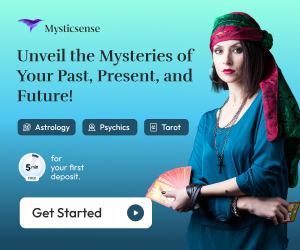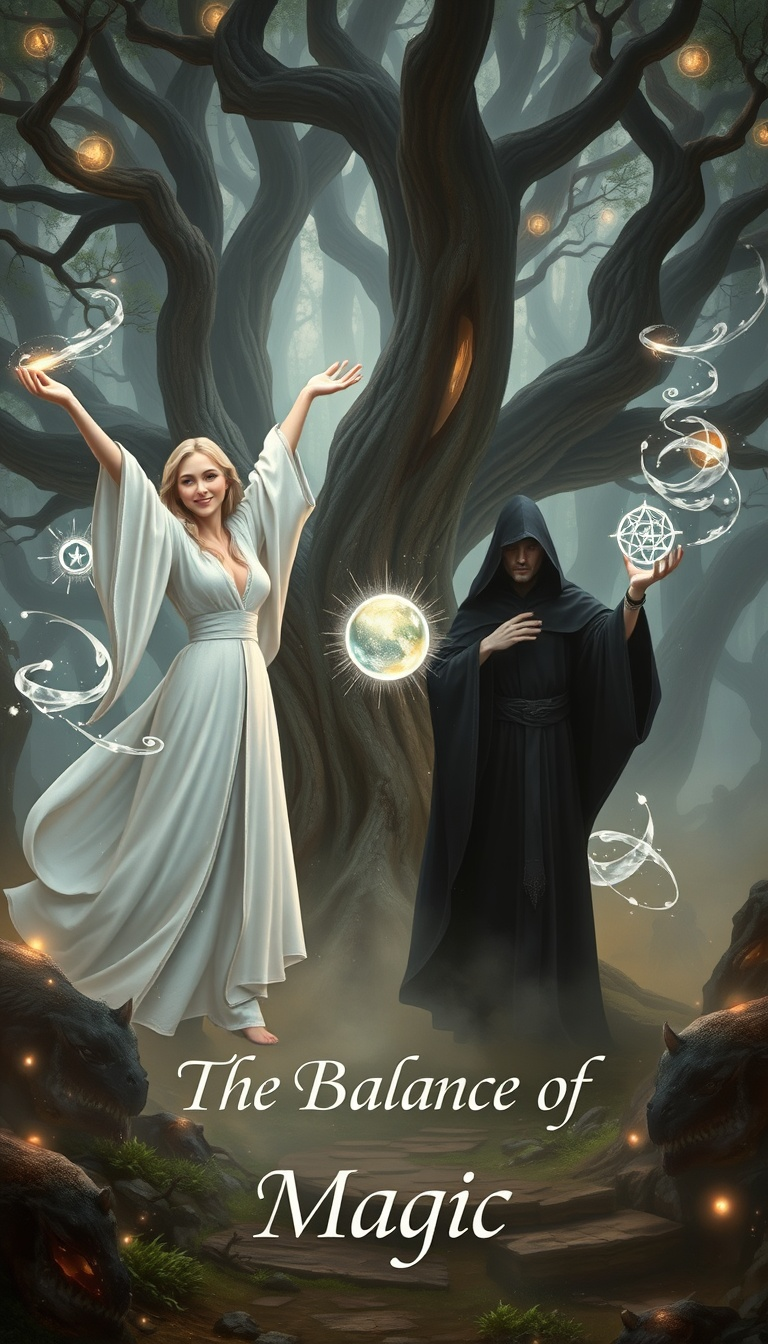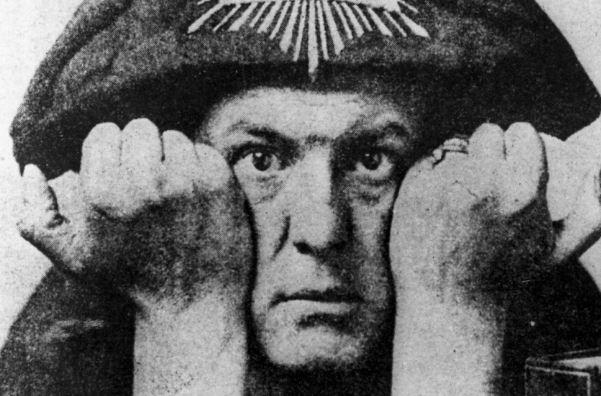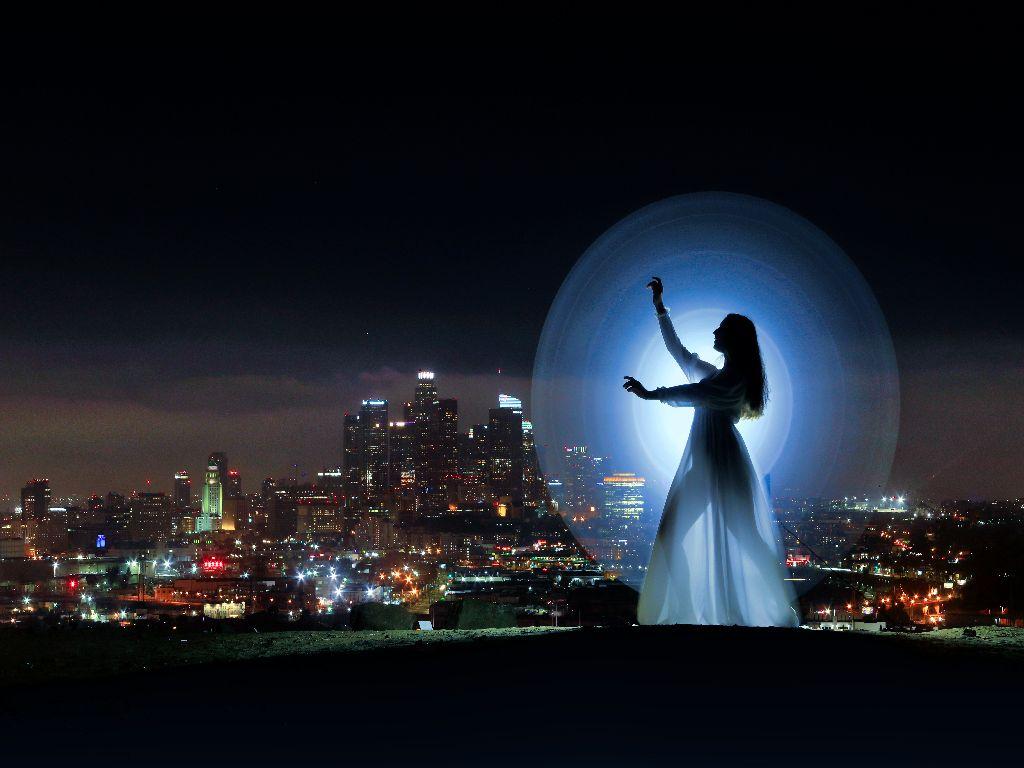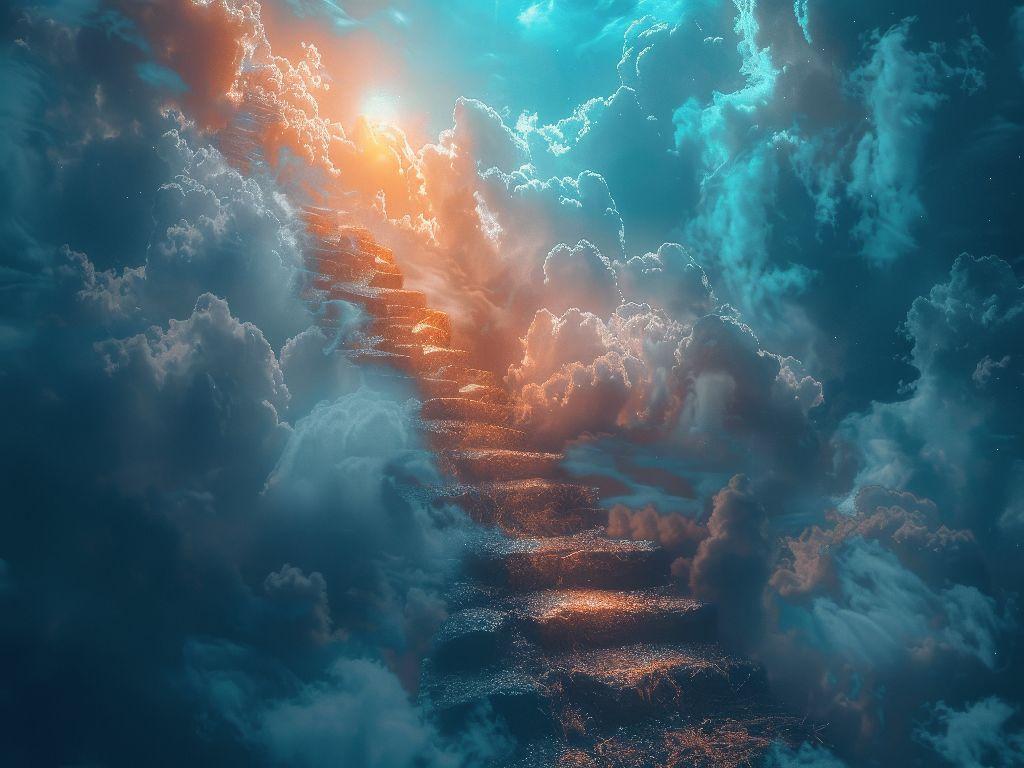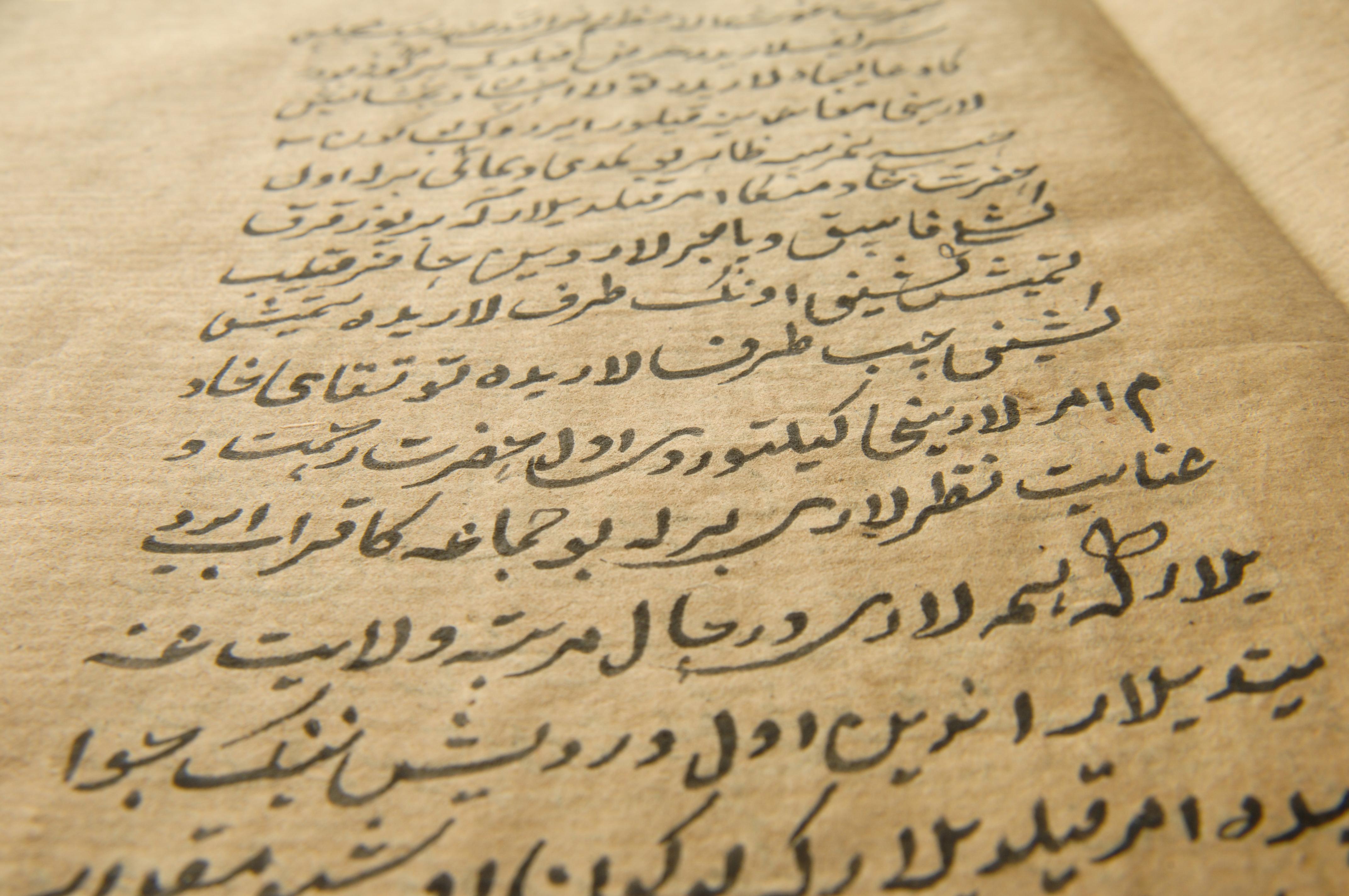Aleister Crowley
Who Was Aleister Crowley?
-
Full Name: Edward Alexander Crowley
-
Lifespan: 1875–1947
-
Aliases: "The Great Beast 666", "Perdurabo", "To Mega Therion"
-
Profession: Occultist, poet, mountaineer, mystic, ceremonial magician, provocateur
-
Legacy: Founder of Thelema, and arguably the most iconic occult figure of the 20th century
🜃 Key Ideas & Philosophy
⚖️ Thelema
His central spiritual/magical philosophy, revealed in his channeled work:
“Do what thou wilt shall be the whole of the Law. Love is the law, love under will.”
-
It’s not about hedonism—it’s about discovering your True Will, your divine purpose.
-
Thelema fuses Western esotericism, Eastern mysticism, astrology, yoga, and qabalah with ceremonial magic.
📖 Essential Works
-
The Book of the Law (Liber AL vel Legis)
-
Channeled in 1904 in Cairo, allegedly dictated by a being named Aiwass
-
Forms the core scripture of Thelema
-
-
Magick in Theory and Practice
-
His most practical manual on ceremonial magic—considered a must-read for serious magicians
-
-
The Book of Thoth
-
An esoteric companion to his iconic Thoth Tarot Deck, rich with symbolic meaning
-
-
Liber ABA (Book 4)
-
A comprehensive system of magick: covering mysticism, theory, practice, and initiation
-
🏛️ Orders & Organizations
-
The Hermetic Order of the Golden Dawn: Early training ground—he clashed with them hard.
-
A∴A∴ (Argenteum Astrum): His own order, focused on personal spiritual enlightenment and initiation.
-
Ordo Templi Orientis (O.T.O.): He rose to leadership and rewrote its rituals to reflect Thelema.
😈 Why the “Great Beast 666”?
Crowley intentionally adopted the title “The Beast” to scandalize Victorian society. He wasn’t promoting evil—he was rejecting religious dogma and embracing a kind of divine rebellion. He loved shock value and pushed every boundary of his time—sex, drugs, politics, religion.
🕯️ Crowley in Context
| Compared to | Difference |
|---|---|
| Franz Bardon | Crowley was far more symbolic, ritual-based, and theatrical. Bardon was methodical and internal. |
| Gregor Gregorius | Gregorius was heavily inspired by Crowley but went his own Saturnian way. |
| Golden Dawn | Crowley started there but thought they were too rigid. His A∴A∴ was more individualized. |
💀 Death & Legacy
Crowley died in 1947 in relative obscurity, but posthumously became a countercultural icon—inspiring everything from Led Zeppelin and The Beatles to modern chaos magicians and occult authors. He’s been called:
-
“The wickedest man in the world” (by tabloids)
-
“A prophet of the new Aeon” (by followers)
-
“A brilliant mind with a chaotic shadow” (by historians)
Links:
Free Reading: Tarot, Astrology and Numerology!

